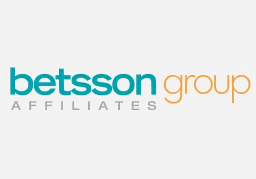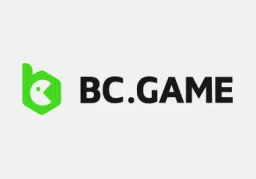New Anti Money Laundering Guidance from FATF and UKGC

The Financial Action Task Force, created in 1989 by the G9 states, made additions to its Anti Money Laundering guidelines. The update concerns the RBS system that assesses the banks or transaction risks and prioritizes them.
The British gambling industry regulatory body, the UK Gambling Commission has recommended local gambling operators taking into account FATF’s review and paying close attention to their customers’ RBS in order to avoid AML.
The Financial Action Task Force’s updated guideline was published in March of this year. The intergovernmental organization has emphasized the importance of the fight against money laundry in industries under higher ML-related risks.
FATF believes that traditional mechanisms may not be effective in such sectors and urges businesses to adopt new approaches to minimize the risks of financial crimes. Gambling along with other sectors that conduct large quantity of daily financial transactions are considered to be high-risk by FATF.
According to the Paris-based task force
- The first step of improving the company’s AML strategy is to train the employees. A competent team of professionals can identify and eliminate financial crime risks in different stages of a company’s operation.
- FATF believes that money laundering and financial crimes will be reduced if governmental bodies, businesses engaged in high-risk sectors and other stakeholders of the issue work together to better understand the threats each party faces.
Summing up the organization’s recommendations we can divide them into 3 large groups – RBS implementation, management and overseeing policies, legislative changes to make overseeing process more effective.
FATF further comments that
Recommended changes and approaches will contribute to preventing financial crimes and terrorism financing. The sooner risks are identified and resolved the better because ML and other financial crime prevention is a better strategy than fighting the results later on.

























